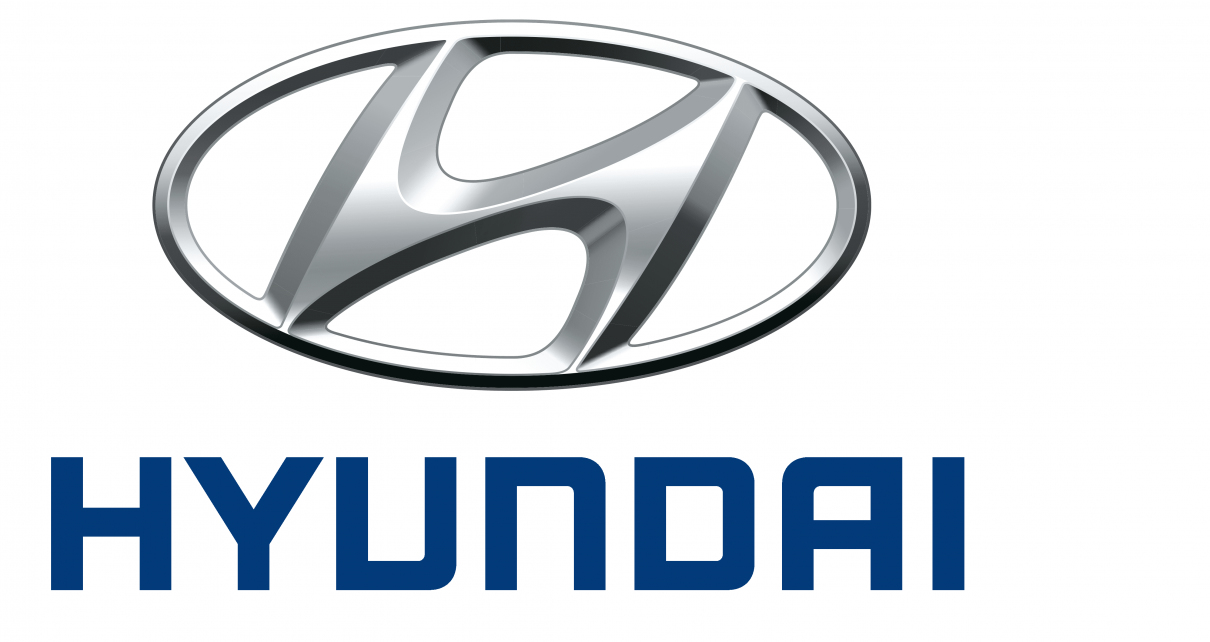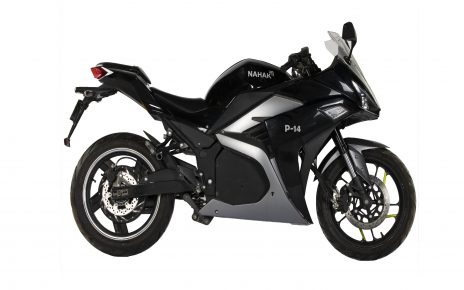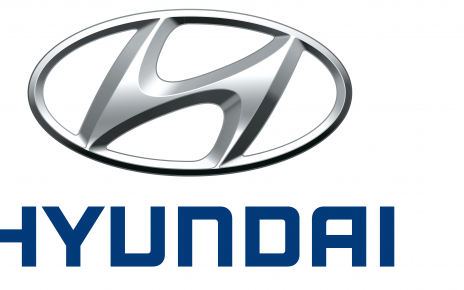New Delhi, Mar 21: Hyundai Motor India on Tuesday introduced a new version of its mid-sized sedan Verna in the country priced between Rs 10.89 lakh and Rs 17.37 lakh (ex-showroom), hotting up the competition in the segment.
The new Verna competes with the likes of Honda City, Skoda Slavia, Volkswagen Virtus and Maruti Suzuki Ciaz in the domestic market.
The 1.5 litre trims of the 6th generation Verna are priced between Rs 10.89 lakh and Rs 16.19 lakh while the 1.5 litre turbo petrol variants, which come with enhanced power, are priced between Rs 14.83 lakh and Rs 17.37 lakh (all prices ex-showroom).
As per the company, the model delivers fuel efficiency ranging between 18.6 to 20.6 km per litre, depending upon the engine options.
Hyundai Motor India MD and CEO Unsoo Kim said Verna has been one of the company’s most iconic models globally.
He noted the company has sold 4.65 lakh units of the sedan in the domestic market and also exported around 4.5 lakh units of the model till date.
Kim said the new Verna would also be exported.
Hyundai had first launched the Verna brand in India in 2006.
The automaker said the new Verna comes with 30 standard safety features including six airbags, 17 Level 2 – ADAS features and over 65 connected car features.
Hyundai Motor India Chief Operating Officer Tarun Garg said the company aims to sell close to 40,000 units of the sedan this year, doubling volumes from 2022.
The country’s second largest carmaker had sold around 19,000 Verna units last year.
“We believe that with a product like Verna, we have a winner in hand. It is now larger as compared with the outgoing model, comes with advanced technology like level II ADAS system and other connected features,” Garg said.
He noted that the company has already received close to 8,000 bookings for the model so far. The overall booking backlog of the company stood at 1.15 units.
Garg noted that the overall sedan segment volumes grew to around 4.12 lakh units last year from 2.96 units in 2021.
Similarly, the mid-size sedan segment sales grew to around 1.10 lakh units last year from around 82,000 units in 2021.
He said the sedan segment is witnessing growth in sales as new models are being launched, giving an option to buyers who seek comfort and performance in their daily commute.
“Globally, there has been a trend towards the SUV body style. India has also witnessed the same. Despite a strong pull towards the SUVs, a latent demand still remains for sedans and that is why we have seen volumes grow in the segment,” he stated.
The sedan segment accounted for 10.8 per cent of the overall passenger vehicle segment last year, an increase from around 9.5 per cent in 2021, Garg said.
Hyundai has launched the new Verna with petrol powertrains only while doing away with the 1.5 litre diesel engine.
“We have seen demand for the diesel trims come down in this segment. It is shifting to the SUV segment, where diesel remains strong,” Garg said.
When asked about the chip shortage, Garg said the situation is improving but not completely over.
“We do not see an issue with production and with GM plant coming into the picture we will be better placed,” he noted.
Earlier this month Hyundai said it has initiated a process to acquire General Motors India’s Talegaon-based manufacturing plant.
On market scenario, Garg noted that India is better placed when compared with other markets globally, many of which were facing economic issues.
He, however, noted that high interest rates and negative impact from global markets could have some impact on the Indian market as well.
Diminishing pent-up demand is another challenge so a strong single-digit growth for the passenger vehicle industry this year is going to be a good sign.
Garg noted that the passenger vehicle industry witnessed over 20 per cent sales growth over a low base of 2021 and to expect similar kind of growth this year as well is not practical.



